Oceana Submits Largest Number Of Comments Ever On Federal Ocean Policy
Press Release Date: October 6, 2009
Location: Washington
Contact:
Anna Baxter | email: abaxter@oceana.org
Anna Baxter
Oceana, a new international ocean protection group, today submitted the first installment of 60,000 public comments, the largest number ever delivered on an ocean related matter, to the National Marine Fisheries Service (NMFS). The public comments demand that the federal government enforce current laws designed to halt the destruction of ocean life. The record number of public comments comes at a time when there are distinct possibilities that fisheries on both the east and west coasts will be closed due to years of government mismanagement.
In the next few weeks, U.S. Congressional committees are planning to vote on bills to amend the nation’s principal ocean fish management law – known as the Magnuson-Stevens Act. Last month a House Subcommittee voted on legislation that weakens current law, blocking efforts to rebuild U.S. fisheries to healthy and sustainable levels.
“The unprecedented number of comments demonstrates that the public believes that our oceans, and our coastal economies and communities, are at risk from the wanton loss of marine life. The government needs to act now,” said Carolyn Hartmann, Oceana’s Vice President for Policy.
This afternoon Hartmann delivered the first installment of more than a dozen large boxes of public comments, wrapped in a fishing net, to Vice Admiral Conrad C. Lautenbacher, the head of the National Oceanic and Atmospheric Administration (NOAA), which oversees NMFS.
NMFS established the comment period in response to a formal petition filed with the agency by Oceana in February 2002. Oceana petitioned the agency after releasing a report that estimated roughly 25 percent of the world’s catch of fish is wasted. Oceana delivered tens of thousands of comments in a fishing net to underscore that 44 billion pounds of fish are unintentionally caught by nets and other gear and are wasted each year around the world.
The public comments were largely collected through Oceana’s web site www.OceansAtRisk.com. (Oceana would have saved the reams of paper, but NMFS did not accept e-mail comments for this public comment request.)
Hartmann said “We are grateful to Vice Admiral Lautenbacher for accepting the comments in person and for allowing the public to weigh in on this important environmental issue. We look forward to working with him in the future to find solutions to the needless waste of marine life and expect the agency to do more to protect oceans.”
Oceana’s petition calls on NMFS to implement a program that would count, cap and control wasteful catch in U.S. fisheries and fulfill its responsibilities under current laws. Industrial fishing operations use vast fishing nets that unintentionally strangle, drown, and crush billions of other fish, sea turtles, whales, dolphins, and other life. Other fishing gears, such as bottom trawls, bulldoze the ocean floor, scraping up everything in their path.
In U.S. waters each year over 3 billion pounds of fish are caught and discarded, roughly one pound of fish wasted for every four pounds kept. Last year, the U.S. government admitted that 31 fish species in U.S. fisheries are on the brink of commercial extinction, and about 40 percent of all U.S. fisheries are being overfished. On the East Coast, less than two percent of fishing trips carry scientific observers required to record data on bycatch.
The public comment period ends June 17, 2002. Concerned citizens can send comments until then to the federal government by visiting www.OceansAtRisk.com.
Oceana recently launched the OceansAtRisk.com campaign to reduce destructive fishing practices. Oceana merged with the American Oceans Campaign to bring together dedicated people from around the world to build an international movement to save the oceans through public policy advocacy, science, economics, legal action, grassroots mobilization, and public education—all part of an exciting new commitment to save the world’s oceans.
______________________________________________________________________
SAMPLE OF PUBLIC COMMENTS TO NMFS ON NATIONAL FISHING POLICIES
Submitted by people from across the country on reducing wasteful fishing practices:
“If we destroy the oceans we destroy ourselves.”
Antelope, CA
“If the oceans die, so does the planet.”
Seattle, WA
“I’ve lived on the ocean all my life. The oceans that we have on this earth give us so much, not just their beauty but also all their bountiful life. We as people have a moral responsibility to protect that life.”
Addison, ME
“I’m 50 years old. I grew up in a wholesale seafood business…I have witnessed the depletion of various seafood products from the Gulf of Mexico. And can remember back to the 60’s when my grandmother would note the size of shrimp or fish that she no longer saw coming off the trucks.”
Houston, TX
“I worked on a commercial fishing boat one summer and saw this with my own eyes. It was a pathetic site and it was one memory I still can’t get out of my mind. Even the captain was upset, saying he’s seen this all too often.”
Wausau, WI
“I have a deep love of ocean creatures, especially the dolphin and turtle. Please pass a law to prohibit wasteful fishing. Our human species will be on the endangered list if we don’t show respect for our fellow creatures.”
Athol, MA
“We need to start viewing oceans and their inhabitants as treasures.”
Stamford, CT
“Not only is the destruction of sea life horrendous, but we should all realize that any harm to our environment is ultimately harm to ourselves.”
Athens, GA
“Life began in our oceans, but it should not end there.”
Athens, AL



